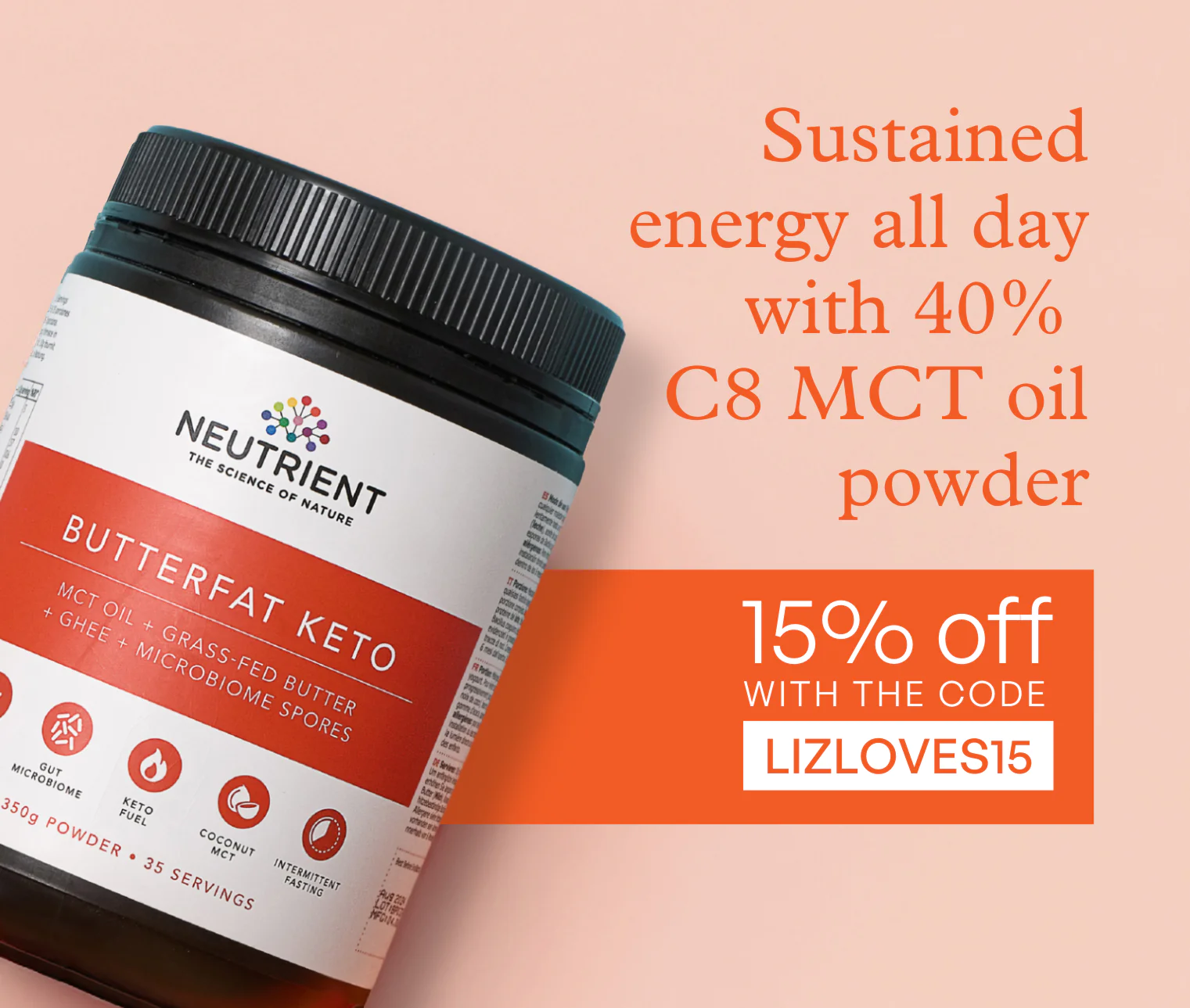Health
Glutathione – everything you need to know
Its health properties make it one of Liz’s latest favourite supplements, but what is glutathione? We take a look at this nutrient to see what it does for our bodies and how we can get more of it.
What is glutathione?
Glutathione is a powerful antioxidant, sometimes called the ‘master’ antioxidant, in fact. It’s found in plants, animals, fungi and some bacteria. Its benefits come from its ability to prevent damage to our cell functions. Provided we have the right genes, our liver naturally produces glutathione for every cell in the body.
What does it do?
Antioxidant power
Glutathione has a number of diverse functions in the body. As an antioxidant, it can neutralise unstable free radicals. Free radicals are a natural byproduct of metabolism, but are unstable and highly reactive molecules that, in excess, can damage other cells. An overload can lead to a number of health conditions including autoimmune, cardiovascular and degenerative diseases. They can accelerate signs of ageing too.
Antioxidants are important for lessening the power of free radicals, which cause oxidative stress in the body. They stabilise free radicals, meaning these damaging molecules are less likely to interact with other cells in our body.
Oxidative damage to our cells can also cause conditions, such as ulcerative colitis. Studies on animals show that supplementing glutathione may improve colon damage in those with inflammatory bowel disease.
Glutathione can also help treat eye conditions such as cataracts and glaucoma. Another casualty of free radicals, our eyes are especially vulnerable to oxidative stress as they’re exposed to light, oxygen and irritants in the air, and antioxidants work to help neutralise these threats.
Other health and wellbeing benefits
Research shows that glutathione supports our immune function too. Higher levels improve T-cell and white blood cell performance. These cells fight infections when they enter the body – especially important right now.
It’s also important in the making of DNA, which in turn creates the building blocks of the cells that we need for our bodies to run smoothly. It also supports the production of vitamin E, helping to protect our eyes and skin. Glutathione helps our liver to process fats and may help to protect this vital organ as we age. It can also help with insulin resistance. Studies show that people with insulin resistance tend to have lower glutathione levels.
There is also some evidence that glutathione can reduce symptoms of Parkinson’s disease. Glutathione levels naturally decline as we age, but certain conditions such as Parkinson’s can diminish them further. In some cases, the less glutathione, the more advanced the severity of condition. Supplementation can be beneficial for symptoms.
How can we increase glutathione levels?
There are a few ways that we can naturally increase the amount of glutathione in the body. Our bodies are actually quite poor at absorbing it through digestion but some foods, such as okra and asparagus, can still help to decrease oxidative stress.
Eating sulphurous foods, such as cabbage and other brassicas, can also help. Sulphur is essential to the building of glutathione in the body.
It’s found in several amino acids, the building blocks of glutathione. Sulphur can be found in protein-rich foods like beef, fish and chicken, and there are vegetarian sources too, such as broccoli, leafy greens and cauliflower. One study from 2013 found that a serving of broccoli each day raised the activity of glutathione in blood plasma. This, along with other factors, led to an improvement of oxidative stress in smokers.
Sleeping well, exercising regularly and only drinking alcohol in moderation (the liver uses glutathione as a detoxifier) are also important. Studies suggest that those who exercise regularly have higher amounts of glutathione in their bodies.
We can also try increasing our vitamin C intake too. Vitamin C is also an antioxidant and research shows that it can take on some of glutathione’s workload, increasing the levels of it in our blood. Selenium, turmeric and milk thistle are also thought to boost our levels of the antioxidant.
Dairy can also help because it contains a protein called beta-casein. A 2015 study found a correlation between higher dairy consumption and higher levels of glutathione in the brain. Whey from dairy products can contribute to reducing oxidative stress too.
What about supplements?
High doses of glutathione supplements can interfere with other some medicines, so check with your medical professional before taking large amounts. Supplementation can be useful though for those who lack the genes that convert glutathione in the body. This is something that you can determine with nutrigenomic testing such as Lifecode Gx.
If you take a glutathione supplement before bedtime (follow the recommended dosage on the pack) and feel brighter in the morning, chances are your body may not be good at converting it naturally, which is why a supplement can be beneficial.
Liz loves the award winning glutathione supplements from Youth & Earth. They are available in both tablet and liquid form to bring you the best of this antioxidant. Youth & Earth use cutting edge methods to keep the glutathione as potent and active as possible. It uses liposomal technology too, making them easier to absorb and up to 100 times more effective than standard supplements. Even better, the packaging is plastic free and entirely recyclable. Use the code LIZLOVES to receive 20% off at Youth & Earth.
Read more articles like this
- What you need to know about lactoferrin
- How sugar can impact our immunity
- Everything you need to know about CBD
Please note, on some occasions, we earn revenue if you click the links and buy the products, but we never allow this to bias our coverage and always honestly review. For more information please read our Affiliate Policy.





